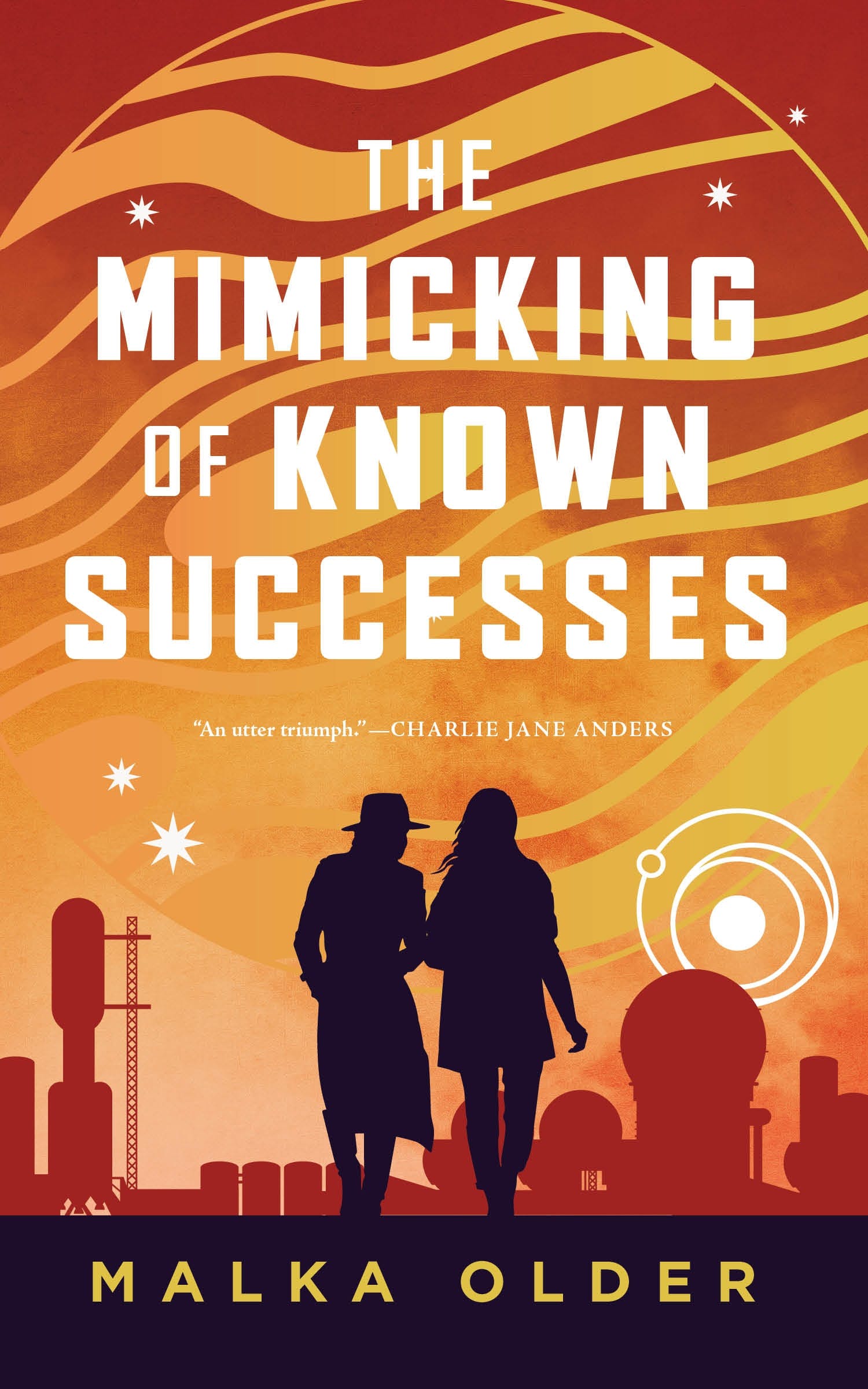
Vancouver writer Amber Dawn’s Sub Rosa, published in 2010 by the radical and remarkable publishing house Arsenal Pulp Press, is a fantasy novel that is both familiar and fantastic. It deals with (what should be) a recognized reality in its depiction of gutsy, gritty, strong women doing sex work in Vancouver’s East end. But Dawn—a writer gutsy, gritty, and strong like her characters—has imagined a world that is a glittery yet tough fable twist on the story of a teenage runaway turned sex worker. Little, the ironically named plucky protagonist, is one of those so-called lost girls whose stories the newspapers tell after it’s too late to save them. Little, however, does not need saving: she is decidedly capable of negotiating her options, no matter how slim they might seem. When Little is initiated into the magical street called Sub Rosa, home to a community of eclectic (female and male) sex workers, she is soon a legend. In fact, she is the heroine of her own story, navigating her position in her new found family of sister-wives, her house Daddy, her often eccentric colleagues, and her new-found magical power. Little also battles the literally and figuratively shady area known as the Dark, where she confronts a few different kinds of zombies: men from whom she must earn her dowry in order to become a full-fledged Glory—the term for working girls on Sub Rosa, sexual assault, and her own haunting memories from her past in the city, which are suppressed by the amnesiac climate of Sub Rosa. The surprise ending of the novel is like Little
herself: complex and both inspiring and difficult.
What was a little surprising for me in a different way was the relative lack of queer content in the novel—obviously something I’m looking to highlight for the lesbrary. Sub Rosa is a fascinating read nonetheless and I wouldn’t say the novel suffers in any way or that I enjoyed it less because of this lack. But because Dawn is a queer identified writer, was voted Hero of the Year in 2008 by Xtra! West (Vancouver’s gay and lesbian newspaper), and is the director of programming for the Vancouver Queer Film Festival, I was expecting a bit more queer content in her debut novel. And, while Arsenal Pulp Press doesn’t exclusively deal with queer authors and topics, it does have a fantastic record of publishing queer writers’ stories; they generously sent me a copy of Dawn’s novel to review for the blog (thanks to the impressive team at Arsenal!). That said, Little does have a short-lived school-girl flirtation and a few make-out sessions with a fellow Glory named Isabella, who is reliving recently recovered memories of a relationship with another girl at her Catholic school for orphans. I also thought that Little’s relationship with the character First—the first recruited woman/wife of Little’s family—was a tad homoerotic even though it was mostly one of maternal mentorship. In short, Sub Rosa is a full banquet of sex work activism and dark sparkly fantasy with a little dash of queer on the side. If this sounds like an appetizing meal to you—and it should—then let yourself fall, like Alice did long ago when faced with the rabbit hole, into the world of Sub Rosa.

